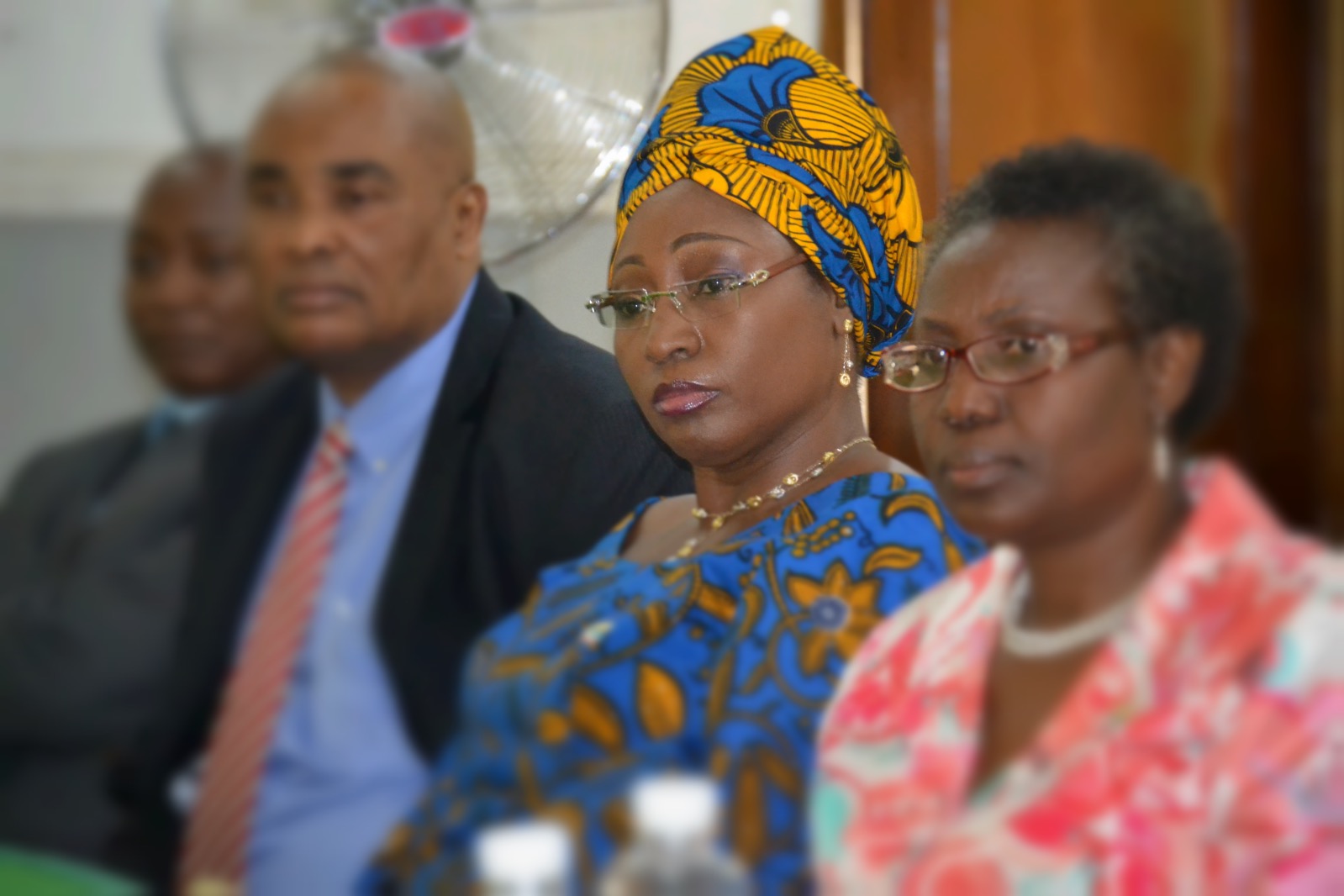by Bisi Olaleye-Fayemi
‘To be a feminist, if not a defect, is at least a fetish; like porn. The feminist is that woman who dulls down to an artificially created set of sexual-political sensibilities, in order to satisfy her emotional lust for being perpetually ‘oppressed’…like porn addicts, paedophiles, rapists and racists, such woman is an emotion junkie – infinitely handicapped yet propelled by her lust for unearned benefits…’
And it goes on and on. There is a Part 1, Part 2 and Part 3. The first time I read this very troubling rant by Olatunji Ololade against feminists/women’s rights advocates was three or four years ago when it was serialized in The Nation, a leading national newspaper in Nigeria. I think one of two things must have happened. First scenario – Olatunji probably got so many horrified responses from women, it gave him a serious high which took him a long time to come down from, hence the need for another shot of adrenaline. The second possibility is that he did not get enough push back the first time, so he became emboldened and decided to up the ante.
In the interim, Olatunji became an award-winning writer, receiving CNN Multi Choice African Journalist awards back to back, as well as other local ones. Of course we are always proud of our fellow country men and women when they bring home well deserved laurels, it is great to have something to celebrate about Nigerians other than news about us being perpetual scoundrels.
After wincing and grimacing through the January 2016 version of what passes for Olatunji’s analysis of the state of gender relations and women’s rights activism in Nigeria, I have decided to raise a number of issues with him in the form of some unsolicited advice as follows:
Olatunji needs to take his responsibilities as a leading journalist and writer in Nigeria more seriously. Research, analysis, reflection, empathy and empirical evidence are critical to any nuanced understanding of an issue as complex as feminism and gender relations. The quality of debate you have in private spaces is not the same as the one you place on the pages of a national newspaper – in all its three part, problematic glory.
One of the greatest contributions of African feminist thought, has been its insistence on locating feminist discourse within Africa’s historical realities of slavery, colonialism, globalization and marginalization. In essence, you cannot talk about an empowered woman in Africa without liberating her entire community from poverty and lack of opportunities. This includes the men and boys in her life. Some of these women I mention are my teachers and mentors, some are peers, and they are all my friends. Most of them are mothers, wives and grandmothers. I am sure none of us ever dreamt that a day would come when a privileged, educated African brother would liken us to ‘porn addicts, paedophiles, rapists and racists.’
Mr. Ololade needs to broaden his analytical horizons. Patriarchy is real. It is not in our minds. It has never simply been about Men versus Women. It is about the use of male dominated institutions and structures such as politics, religion, education, economics, culture and tradition to create a universe in which one gender becomes superior to the other. Olatunji said women made a big deal out of a seemingly innocuous ‘Mama na boy ‘advert. Even his fellow men understand why the fuss was made. Let us call the new baby boy John. In some cultures, on the 8th day of his birth, a goat will be killed. If the baby is a Mary, they will kill a chicken for her. John will grow up to be the first to have a shot at education if his family is poor. Mary will have to learn how to be a good wife because that is where her career prospects will lie, if she is to lift her family out of poverty. Perhaps Ololade missed the drama we all witnessed, approximately ten years ago, when a wealthy politician celebrated the first birthday of his first son after five daughters, with the gift of a Rolls Royce to the little boy. Yes, Olatunji, ‘Mama na boy’ means something. (To be continued…)
Bisi Adeleye-Fayemi is a renowned feminist, women’s rights activist and wife to Minister of Solid Minerals, Kayode Fayemi.
The opinions expressed in this article are solely those of the author.







